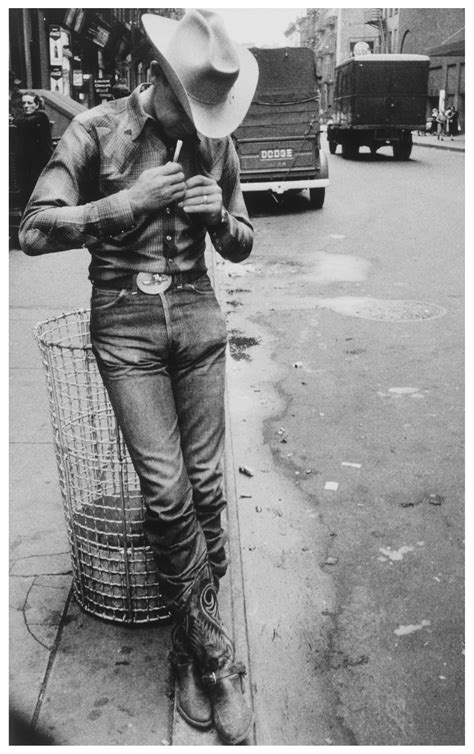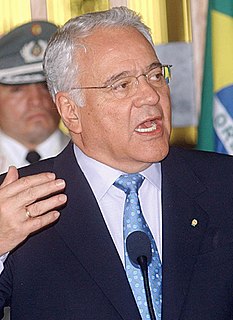A Quote by Bob Frank
There's no indication that middle-income families feel resentful about the bigger mansions and yachts. But the near-rich, whose social circles intersect those of the rich, are subtly influenced by them.
Related Quotes
When the rich build bigger, they shift the frame of reference that shapes the demands of the near rich, who travel in the same social circles. Perhaps it's now the custom in those circles to host your daughter's wedding reception at home rather than in a hotel or country club. So the near rich feel they too need a house with a ballroom. And when they build bigger, they shift the frame of reference for the group just below them, and so on, all the way down.
Many social critics wag their fingers at what they perceive to be frivolous luxury spending. But that misses the point that consumption norms are local. It's not just the rich who spend more when they get more money. Everyone else does, too. The mansions of the rich may seem over the top to people in the middle, but the same could be said of middle-class houses as seen by most of the planet's seven billion people.
While its [Harvard's] undergraduate life was still controlled [in 1908-1912] by a select group of rich and fashionable families whose sons merely arrived when they were due to fill the places that had been waiting for them from the day they were born, it was, at the same time, opening its doors to a more cosmopolitan student population and beginning to take the first tentative steps toward mitigating the evils of a pyramidal social system that concentrated all its social honors upon the rich and the wellborn.
People in the rich countries who have done very well, who are at the top of the income pyramid, try to steamroll over the opposition of the middle without changing anything in social programs, or any redistribution. And they take their votes for a given. They have rich people that bankroll them. And the globalization would continue, but it would continue with permanent dissatisfaction among large segments of the people.
Politicians like to talk about the income tax when they talk about overtaxing the rich, but the income tax is just one part of the total tax system. There are sales taxes, Medicare taxes, social security taxes, unemployment taxes, gasoline taxes, excise taxes - and when you add up all of those taxes [many of which are quite regressive], and then you look at how they affect the rich and the poor, you essentially end up with a system in which the best off 20 percent of Americans pay one percentage point more of their income than the worst off 20 percent of Americans.
Many decry rising inequality because it makes those who've fallen behind feel impoverished. But it's done much more than cause hurt feelings. It has also raised the real cost to middle-income families of achieving many basic goals. The process begins with the completely unremarkable fact that top earners have been spending at a substantially higher rate than before. They've been building bigger mansions, staging more elaborate weddings and coming-of-age parties for their kids, buying more and better of everything.
All of the incessant debate about development assistance, and whether the rich are doing enough to help the poor, actually concerns less than 1% of rich world income. The effort required of the rich is indeed so slight that to do less is to announce brazenly to a large part of the world: 'You count for nothing.' We should not be surprised, then, if in later years the rich reap the whirlwind of that heartless response.
We commonly say that the rich man can speak the truth, can afford honesty, can afford independence of opinion and action;--and that is the theory of nobility. But it is the rich man in a true sense, that is to say, not the man of large income and large expenditure, but solely the man whose outlay is less than his income and is steadily kept so.
The Democrats tell all the poor people and all of the middle class that they're only where they are 'cause the rich have cheated them, exploited them, or stolen all their money. The way they're gonna make it equal is to take from those people who have just won life's lottery, the premise being that the poor and the rich and the middle class are gonna get the money.





























